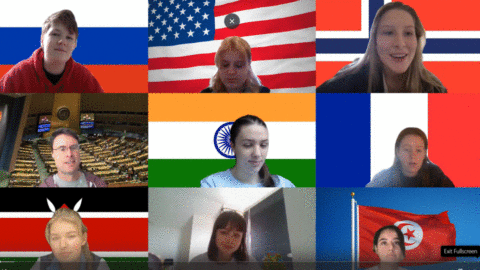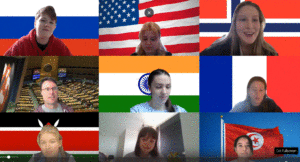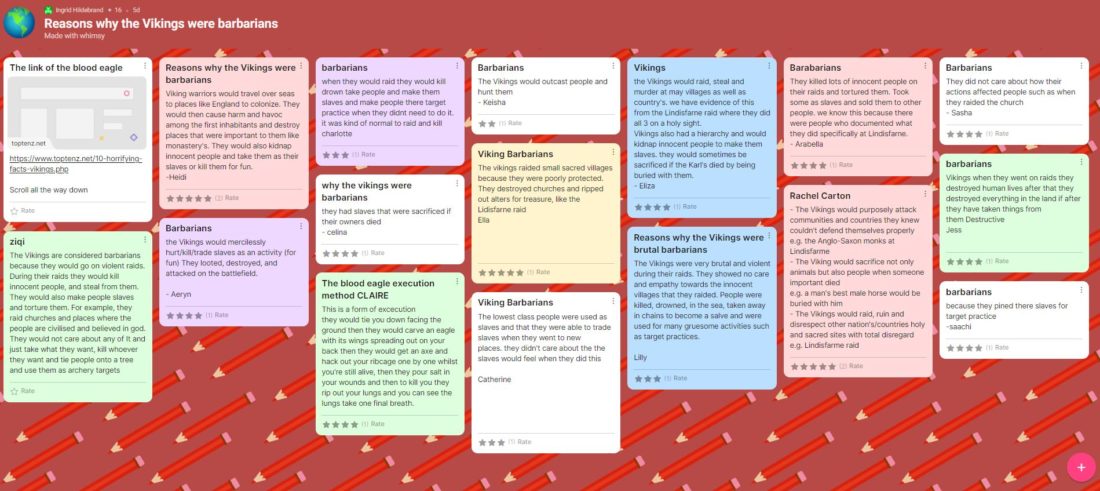From the Head of Humanities

Humanities classes have been making the most of remote learning in the past weeks, with teachers using various means to keep students engaged and continuing with their learning. Teachers facilitating new ways or repurposing classroom-based resources in the online space is reflective of the determination to maintain interest and interaction in the classroom.
One example of this was illustrated in the Year 8 Humanities classes, where students were finalising their learning about the history of the Vikings and debating whether they were, in fact, barbarians or not. Students were still able to participate in the important knowledge building process of sharing ideas through online learning systems, as illustrated in the image below:
 Another example at the VCE level, saw Year 11 Politics students, who have been studying key global political institutions and actions, including the United Nations, make use of the features of online interaction to carry out a debate and vote in relation to a mock UN Security Council resolution on responding to climate change, rising sea levels and threats to sovereignty as representatives of current Security Council members. Despite being online, the debate and discussion was lively, with students strongly cloaking themselves in the roles of ambassadors, representing their respective state interests and seeking to build cooperative responses.
Another example at the VCE level, saw Year 11 Politics students, who have been studying key global political institutions and actions, including the United Nations, make use of the features of online interaction to carry out a debate and vote in relation to a mock UN Security Council resolution on responding to climate change, rising sea levels and threats to sovereignty as representatives of current Security Council members. Despite being online, the debate and discussion was lively, with students strongly cloaking themselves in the roles of ambassadors, representing their respective state interests and seeking to build cooperative responses.
Humanities Week at St Catherine’s School (Week 4, Term 3), revolved around linking the various Humanities subjects with aspects of the Olympics. Subject teachers made themselves available during lunchtimes for student discussions on topics including the politics and legal controversies involving the Olympics; the Olympics as big business; the philosophy of sport; the geographical issues of tourism and the Olympics; and finally, women winning gold in the history of the Olympics. Other usual events associated with Humanities Week, such as the Business Management Market Stall have been postponed until a later date.
In recent weeks we have received the results of students that have participated in both the Australian Geography Competition and also the Australian History Competitions. A number of students achieved outstanding results in these national competitions and while they have been informed by teachers of their achievements, we look forward to presenting them with certificates in person at a future assembly.



